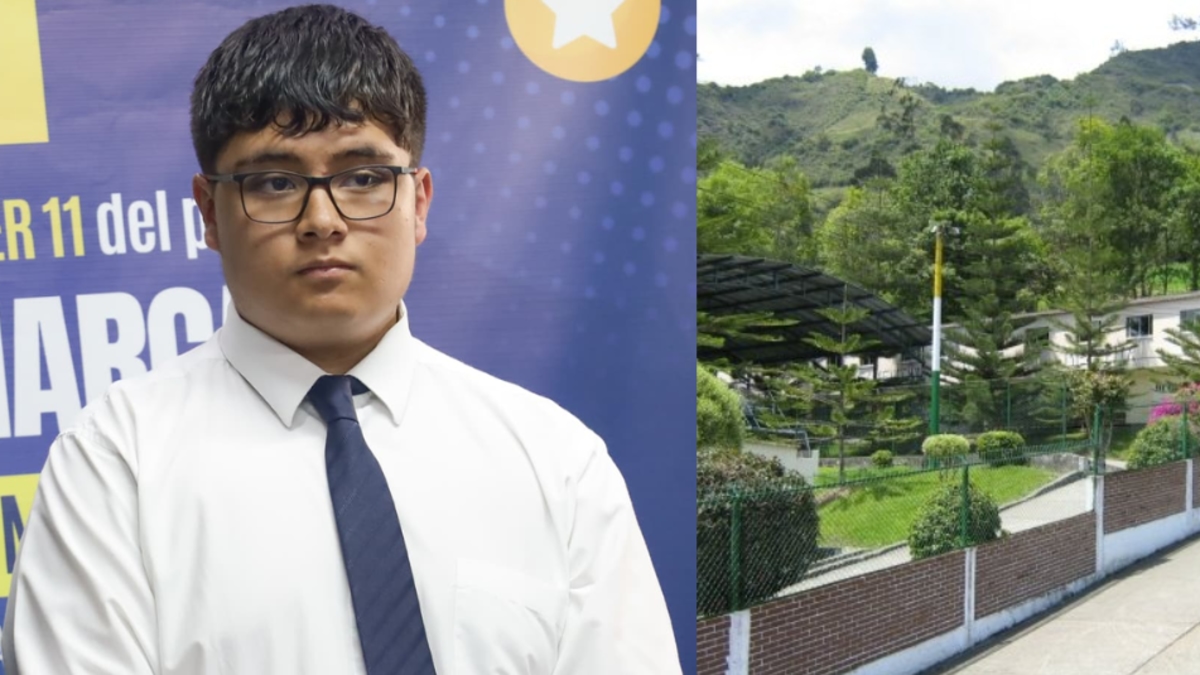The Inter-American Press Association calls on the Petro government to stop stigmatizing the media and guarantee press freedom.
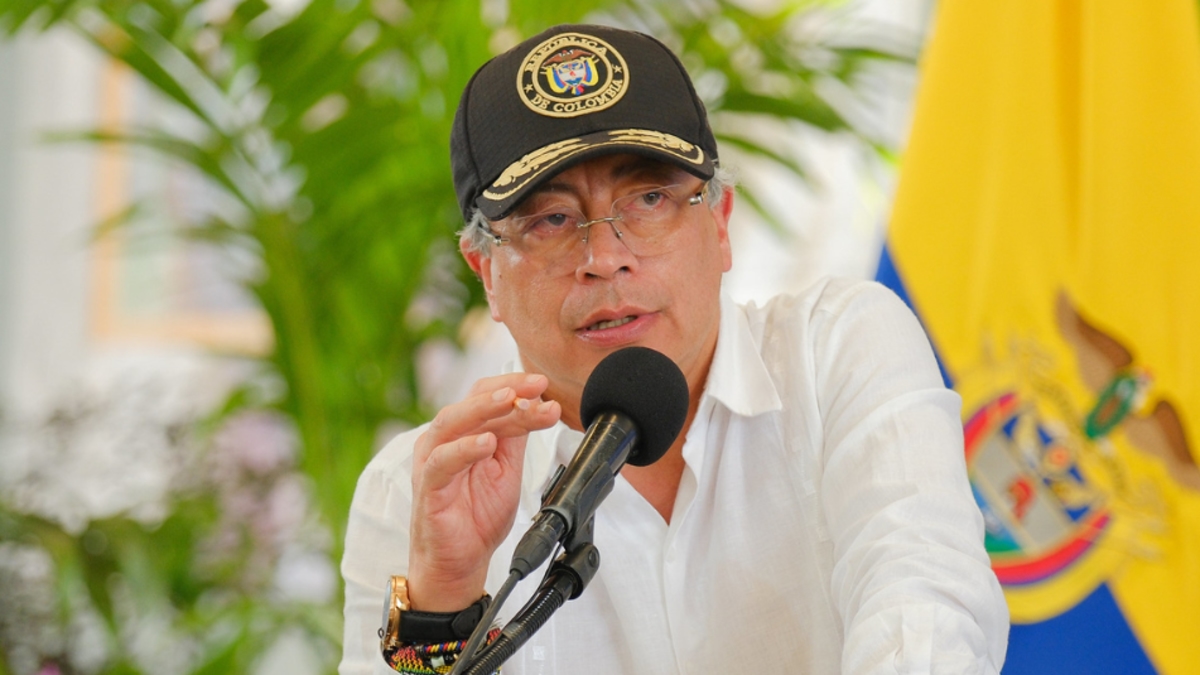
The Inter American Press Association (IAPA) issued a statement this Sunday regarding recent statements and actions by President Gustavo Petro's administration. The organization stated that attacks and accusations from those in power against critical media outlets jeopardize freedom of expression and the functioning of democracy in Colombia. At its 81st General Assembly, the organization approved a resolution denouncing the "constant and increasingly harsh stigmatization" that the president has maintained against journalists and media outlets, both in his public appearances and on social media.
According to the IAPA, Pero has labeled media outlets and journalists as "opponents, blaming them for criminal conduct and the country's structural problems." According to the document, these messages "are being replicated by the National Government and politicians from the ruling party and are being spread through social media, which increases attacks on journalism."
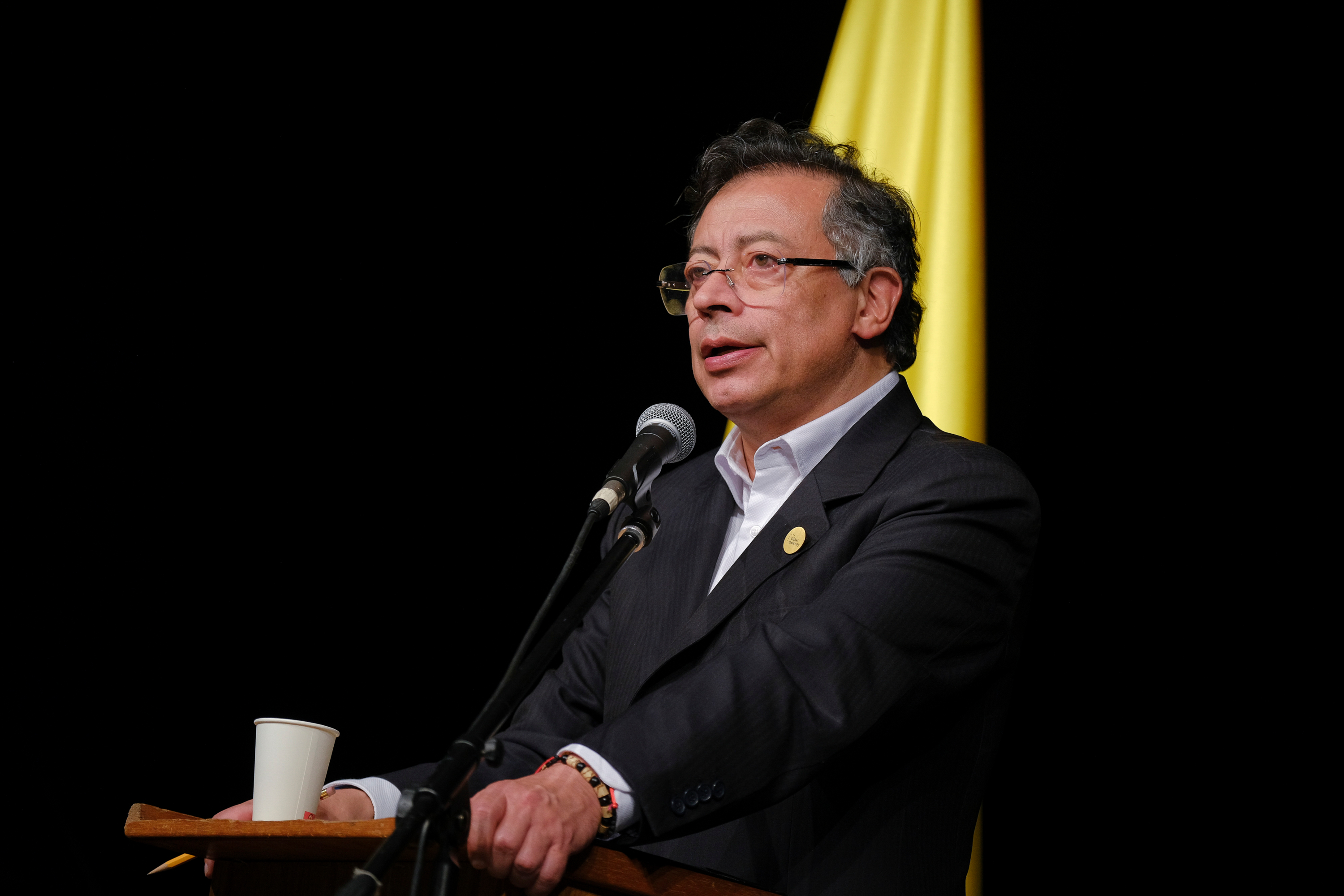
Gustavo Petro, President of Colombia. Photo: Presidency - Personal Archive
The IAPA's statement coincides with a new wave of controversies surrounding the president, who this week again accused private media of "violating the right to information every day." In a lengthy message recently published on his X account, Petro hinted that radio and television licenses could be reviewed and did not rule out legal action against companies that, according to him, manipulate information.
The head of state's remarks came after the Communications Regulatory Commission (CRC) denied him a national address, considering that he did not meet the urgency criteria established by the Council of State. Petro reacted by stating that he had been "censored in his own country" and accused the entity of acting in defense of the interests of private media. "What they didn't do to any president, they do to me only because I don't belong to the oligarchy but to the people," he wrote on the social network X.
However, the CRC clarified that the decision was based on a court ruling requiring reasonable and exceptional use of presidential addresses, as President Petro has made more than 50 televised appearances since the beginning of the year, many of them unrelated to emergencies or urgent matters. The organization warned that the abuse of these broadcasts could affect information pluralism by excessively occupying public and private programming spaces.
The latest episode adds to a long list of clashes between the president and the media. Petro has repeatedly accused the press of "lying" and representing the interests of economic groups opposed to his government. In his recent statement regarding the electromagnetic spectrum, he argued that the concessions that allow channels and broadcasters to operate turn them into "state contractors," suggesting they should be sanctioned if they do not follow the rules he interprets as constitutional.
"But the government must not allow its contractors to evade the Constitution," the president said, hinting at the possibility of "terminating contracts," although he later qualified the idea.
These statements come despite the fact that on September 9, 2024, Petro himself signed a presidential directive requiring all officials to avoid stigmatizing the press. The president himself ignored this directive minutes after signing it, when in his speech he again accused the media of manipulating information.
RTVC and public information Another central point of the IAPA's call is its concern about the use of public media—such as RTVC—to exclusively replicate the official line. The organization urged the Executive Branch to ensure that these media outlets "reflect the diversity of voices and perspectives in the country," avoiding their use as a tool for government propaganda.
The IAPA warned that the public media system is being used to "exclusively replicate the official line," eliminating the diversity of voices, ideas, and opinions that contradict the government's vision.
The IAPA, which represents media outlets across the continent, emphatically warned that governments must refrain from using their power or resources to punish or reward media outlets based on their reporting. It emphasized that freedom of expression implies tolerating criticism and guaranteeing equal conditions for the practice of journalism.
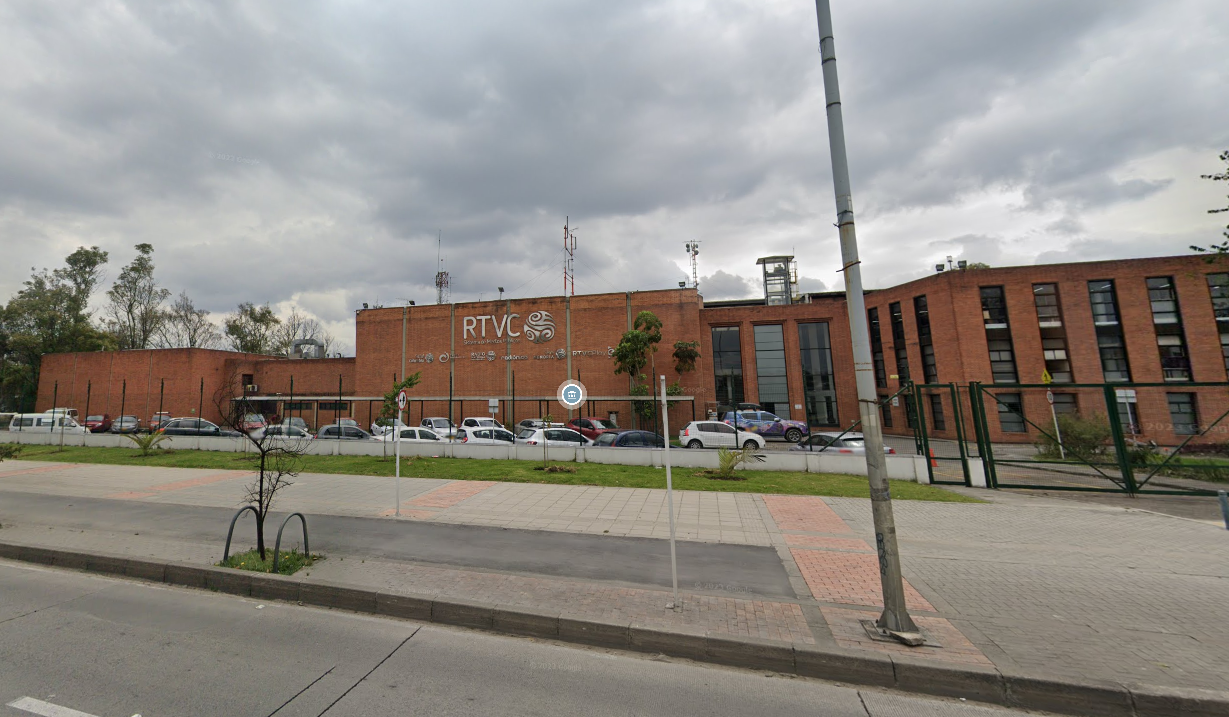
RTCV facilities in Bogotá. Photo: Google Maps
The Assembly also cited the Declaration of Chapultepec, whose sixth article establishes that "the media and journalists should not be subject to discrimination or favors based on what they write or say." In this regard, the IAPA urged President Petro to immediately cease stigmatizing journalists and media outlets, urging the Colombian government to respect the fundamental principles of press freedom.
The organization also noted that, according to the Office of the Special Rapporteur for Freedom of Expression of the Inter-American Commission on Human Rights, stigmatization from those in power "undermines public debate" and creates an environment of hostility that can lead to attacks or threats against journalists.
The IAPA's call comes amid a growing debate about the state's role in regulating communications. Recently, the CRC sent a letter to several radio and television stations requesting details about their editorial policies, information verification mechanisms, and internal practices to ensure impartiality. The document, labeled "confidential information," was interpreted by the media as an attempt to interfere with journalistic autonomy.
In the face of the controversy, the Commission acknowledged an error in the drafting of the letter, but the controversy highlighted the institutional fragility surrounding press freedom. The IAPA used its resolution to warn that, in contexts where political power seeks to control the narrative, the risk of indirect censorship increases.
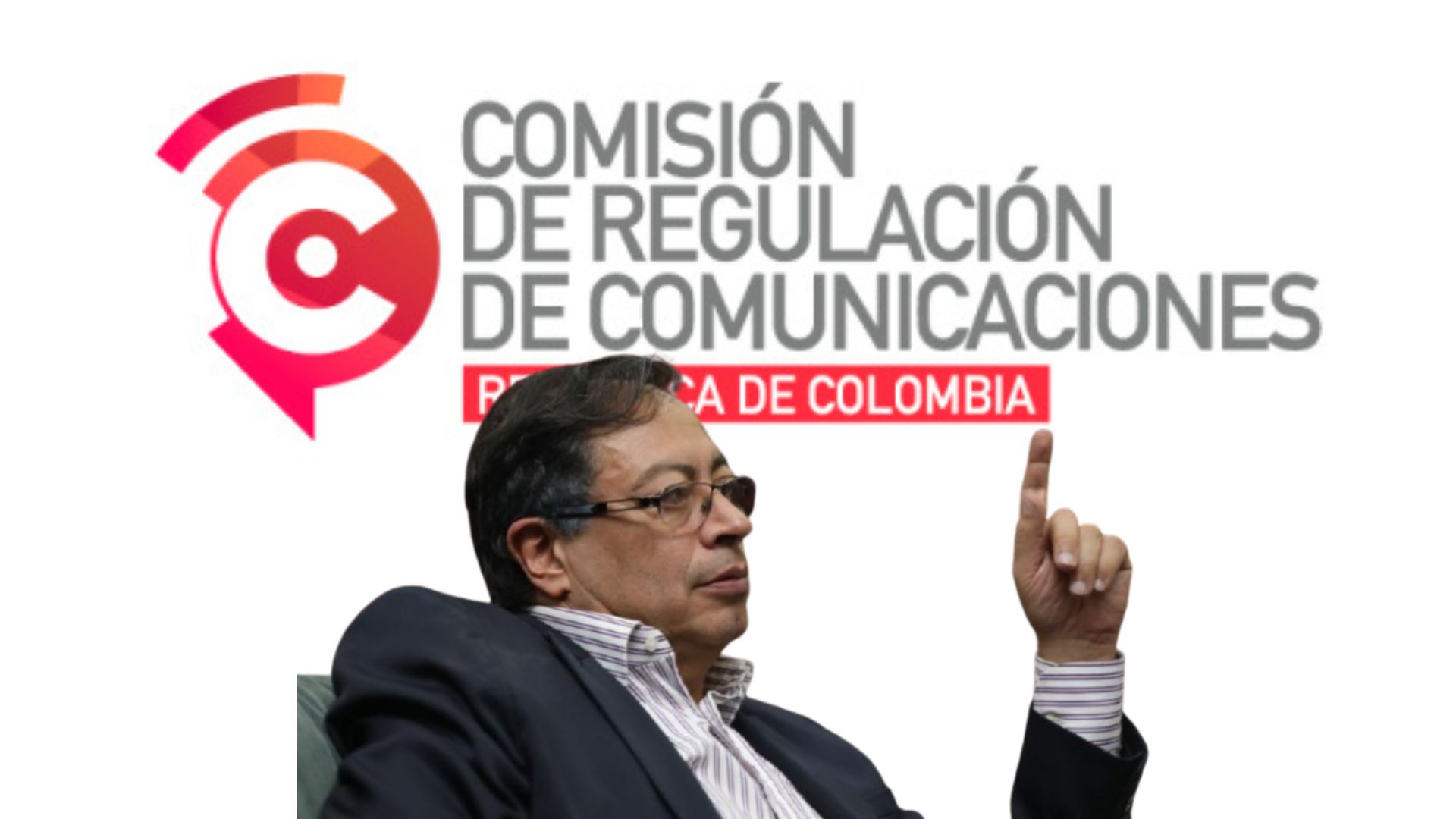
The Council of State calls on the CRC and the President for "monopolizing" public debate. Photo: Archive
In its final appeal, the IAPA called the Colombian government's attention to the need to fully guarantee the conditions for the practice of journalism, especially in light of the upcoming elections. "Such respect is essential for the guarantee and proper functioning of democracy," the organization emphasized.
For the IAPA and other observers, the problem lies not in the president's right to express himself, but in the use of state power to delegitimize the independent press and influence public debate.
Environment and Health Journalist
eltiempo



